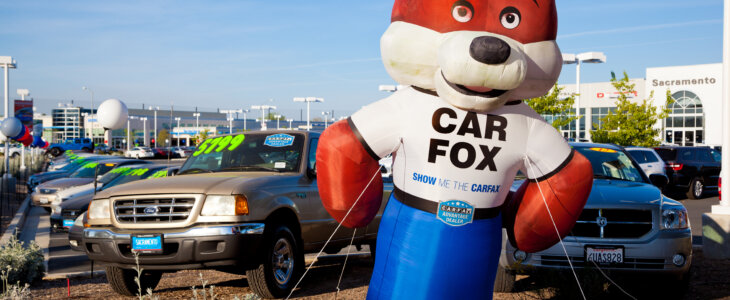Starting in 2025, significant reforms to California’s Lemon Law require many vehicle defect cases to go through mandatory mediation before heading to court. This early-stage process is designed to encourage quicker settlements and reduce legal costs. But for consumers, it also introduces new rules and strict deadlines that can affect your right to a refund or replacement. Below, we explain when mediation applies, how it works, and what you should do to protect your claim.
What Is Mandatory Mediation Under the New Law?
California’s 2025 Lemon Law reforms, adopted through Assembly Bill 1755 and Senate Bill 26, introduce mandatory mediation for certain claims involving defective vehicles. Here’s what that means for you:
- Early resolution step: If a manufacturer has opted into the new mediation system, you must attend mediation before your case can move forward to court or arbitration.
- Strict deadlines: Mediation must generally be scheduled within 90 days of the manufacturer’s response and completed within about 150 days.
- Limited discovery: During mediation, formal discovery such as depositions or document requests is paused. Only certain disclosures are permitted until mediation concludes.
- Opportunity for faster outcomes: The mediation process may allow you to reach a resolution without the time and expense of litigation.
In short, if your manufacturer participates in the new system, mediation is now a required step before you can fully litigate your Lemon Law claim.
When Does the Requirement Apply?
Mandatory mediation doesn’t apply to every case. The law gives manufacturers the option to opt in to the new framework for a five-year term. Here’s how that works:
- If your vehicle’s manufacturer has opted in, you must complete mediation before proceeding to court.
- If your manufacturer has not opted in, the traditional Lemon Law process still applies.
Because participation is voluntary for manufacturers, it’s important to confirm which process applies before filing your claim.
How Does Mediation Change the Process?
Mandatory mediation affects both your strategy and your timeline. Key differences include:
- Faster scheduling: Mediation happens earlier in the process, which can move your claim along more quickly.
- Less discovery up front: You must still share certain documents like repair records and warranty information, but broader discovery occurs later.
- More preparation required: Since mediation occurs early, you’ll need to organize your documentation and evidence before the case begins.
- Possible early settlement: Mediation may result in a refund, replacement, or cash compensation without further legal action.
- New filing deadlines: Consumers must generally bring claims within one year after the express warranty expires and no later than six years from the original delivery date.
These updates make preparation and timeliness more important than ever.
How to Prepare for Mandatory Mediation
To stay compliant and improve your chances of success under the new law, take these practical steps:
- Confirm whether your vehicle manufacturer has opted into the new mediation system.
- Send the required written notice to the manufacturer before filing for civil penalties.
- Retain your vehicle for at least 30 days after the manufacturer acknowledges your notice.
- Collect and organize all records of repairs, service visits, and communications.
- Be ready to participate in mediation within the required timeframe.
Being proactive ensures that your rights are preserved and that you’re ready to move quickly once mediation begins.
How Mandatory Mediation Affects Your Claim Strategy
Mandatory mediation can reshape how you approach your claim. It may provide a faster resolution, but it also leaves less room for delay or incomplete preparation. You may wish to:
- Request mediation early to avoid procedural issues.
- Prepare comprehensive documentation in advance.
- Treat mediation as a genuine opportunity to resolve your case before trial.
- Plan for next steps if mediation doesn’t result in a settlement, since your right to continue to trial or arbitration still remains.
Understanding this process can help you make smarter decisions and position your claim effectively under the new framework.
Protecting Your Rights Under the New Lemon Law
If you purchased or leased a defective vehicle in California, the new mandatory mediation rules can significantly affect how you pursue your claim. Timing, documentation, and compliance with the updated procedures are now key factors.
At The Lemon Firm, we guide clients through every step of the process, from verifying whether mediation applies to preparing strong documentation and representing you during negotiations. Contact us today to discuss your potential claim and learn how we can help you recover compensation or a replacement vehicle under California’s 2025 Lemon Law reforms.



